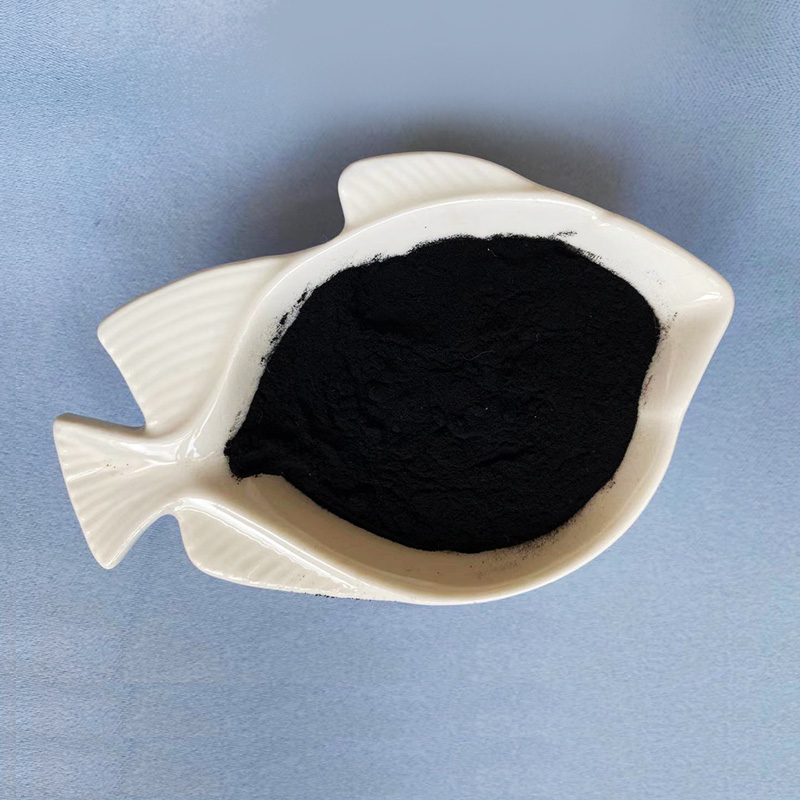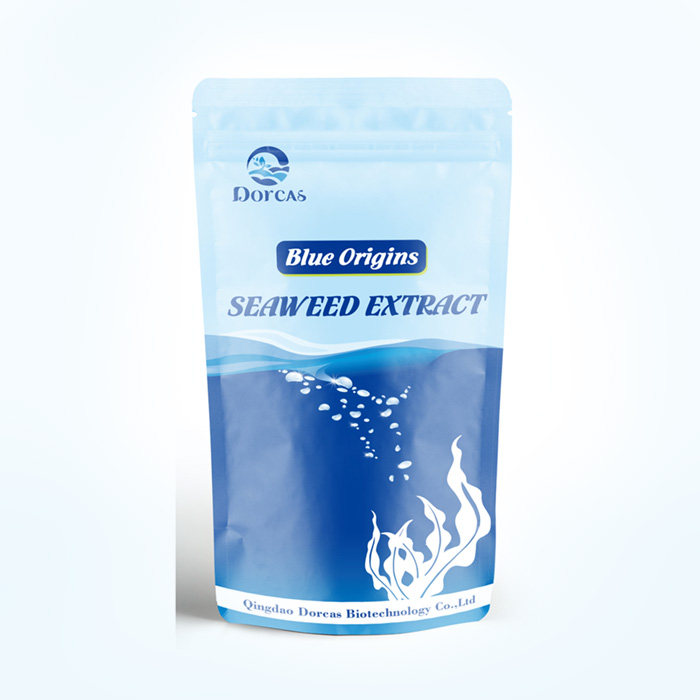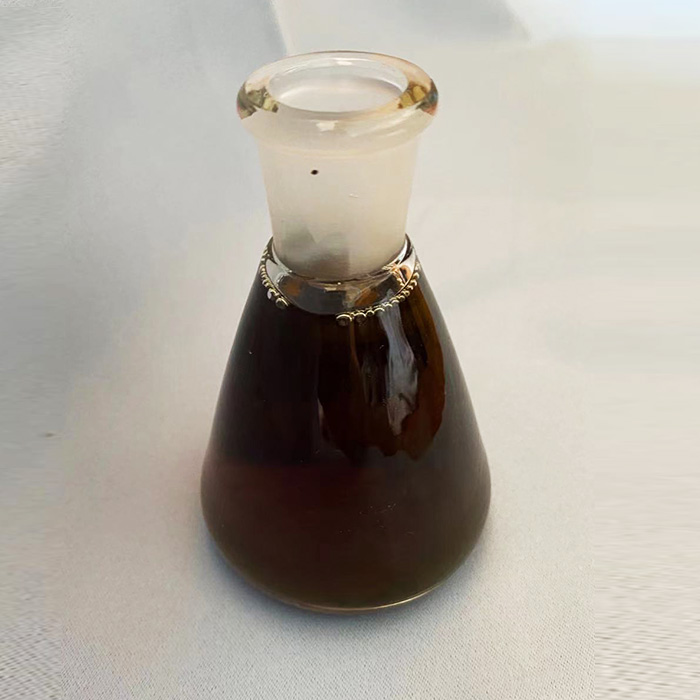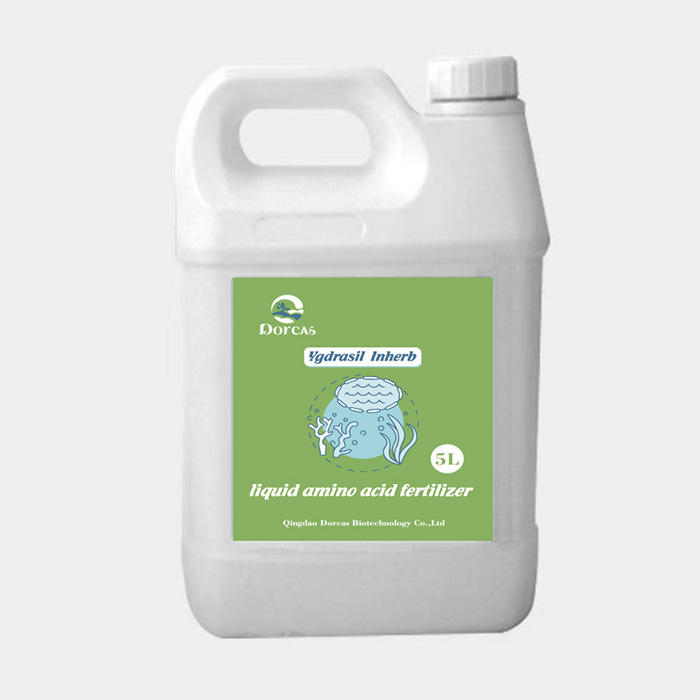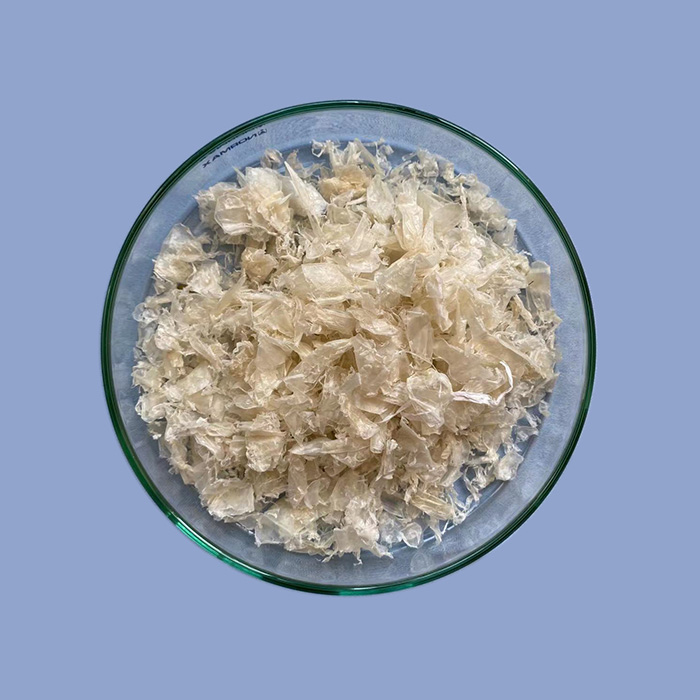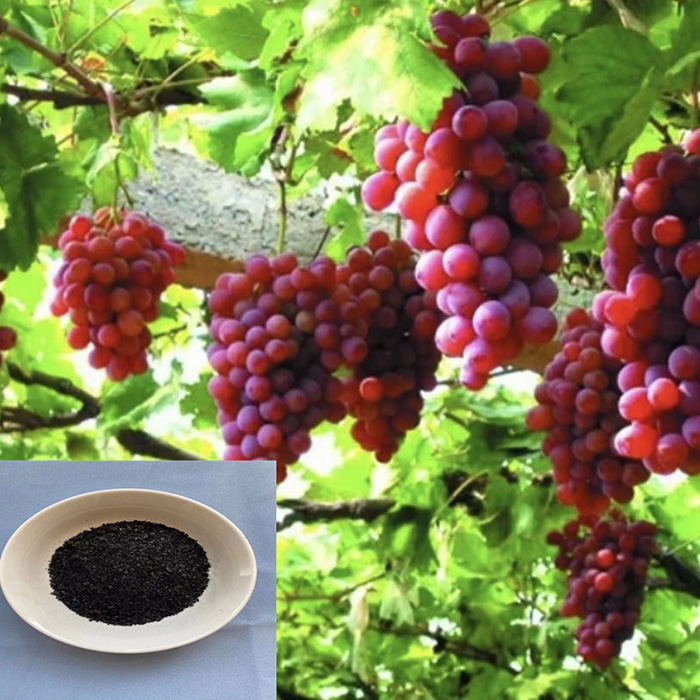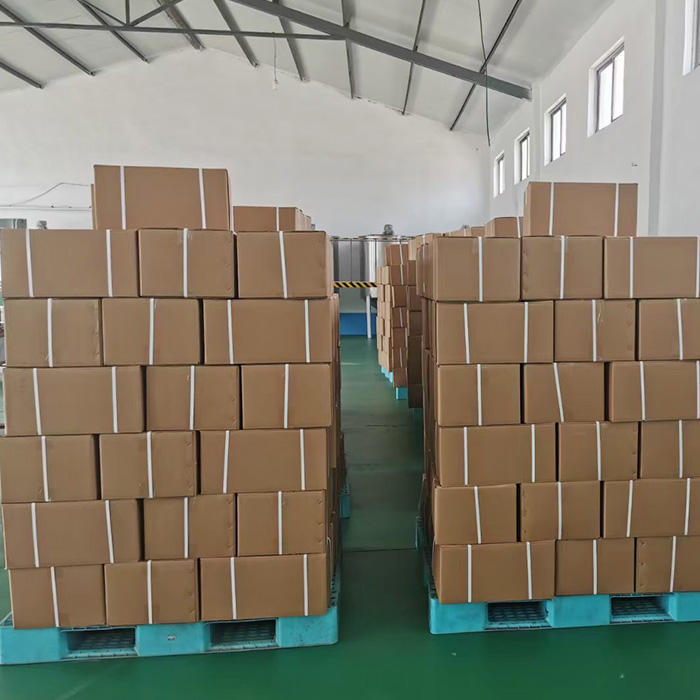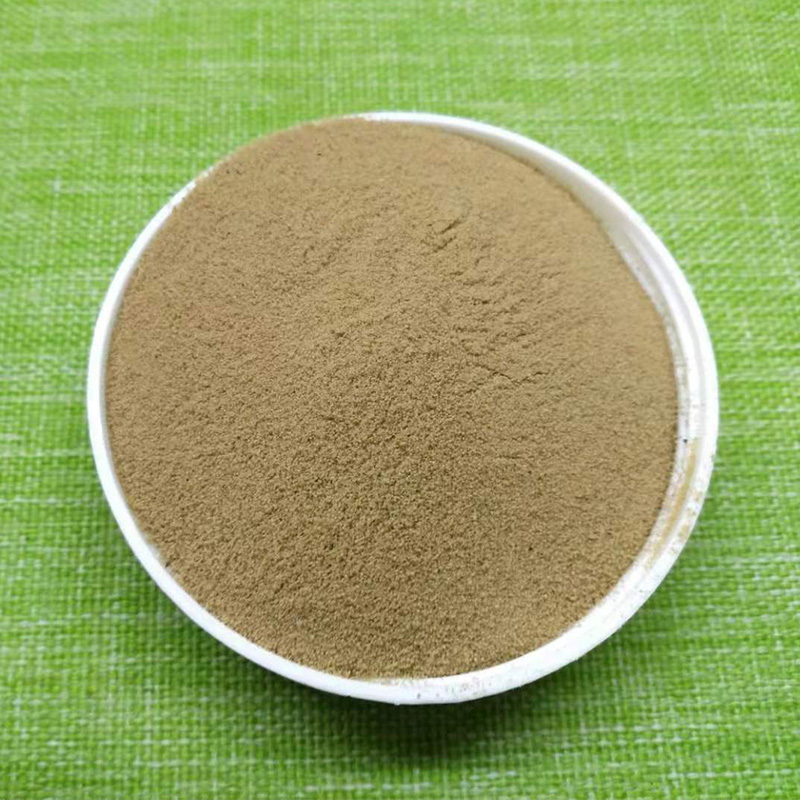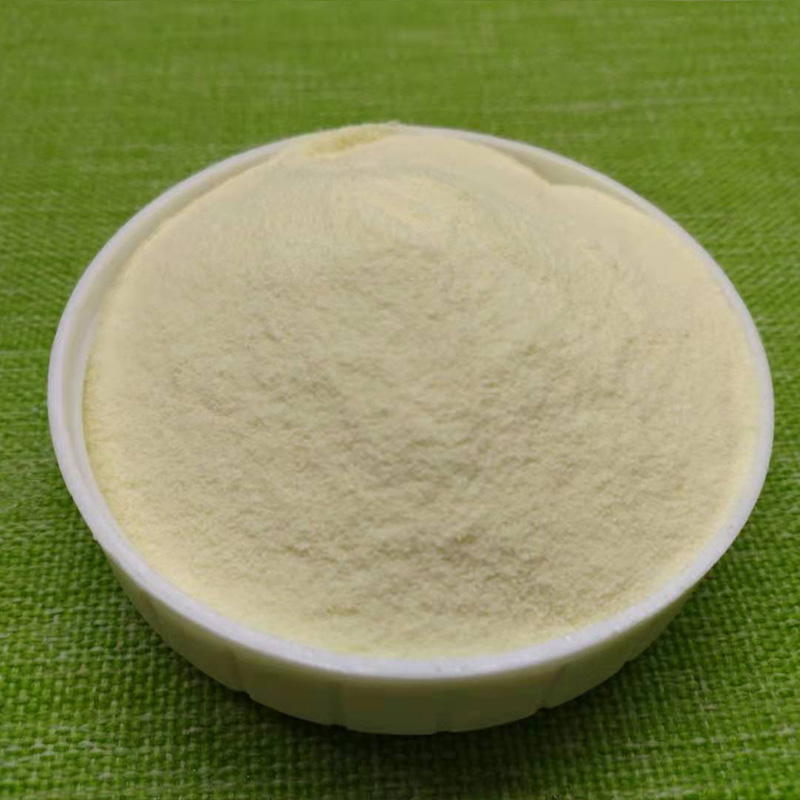Feb 11, 2025
1. Selenium absorption capacity of crops
elenium in soil and atmosphere is the main absorption source of selenium in plants. The absorption of selenium by plants depends on the type of plant. According to the ability of plants to absorb selenium, plants can be divided into selenium accumulating plants and non selenium accumulating plants. Selenium accumulating plants are usually called "selenium indicating plants". The research shows that rape, a cruciferous plant in crops, has the strongest selenium accumulation capacity, followed by legumes and cereals. Wheat has the strongest selenium accumulation capacity among cereals.
2 Effect of selenium on crops and its influence
Generally speaking, there is a great relationship between plant growth and selenium content. The application of appropriate amount of selenium can indeed promote plant growth and development. On the contrary, too high selenium content will inhibit plant growth. Li Dengchao et al. Found in the experiment of hydroponic Chinese cabbage that the growth and development of Chinese cabbage can be promoted when the mass concentration of selenium in nutrient solution is lower than 1.0 mg / L; However, when the selenium concentration is higher than 2.5 mg / L, the growth and development of Chinese cabbage will be significantly inhibited and the yield will also be reduced. Huang Aiying et al. Found that selenium has dual effects on the growth of rice. Its content is in a certain range, and the accumulation of selenium in rice increases with the increase of selenium content; When the selenium content exceeds a certain value, rice will have different degrees of selenium poisoning and inhibit the growth of rice. Wu Yongyao and others studied the enrichment of selenium in rice and the effect of selenium on rice growth through the combination of pot soil culture and water culture. They found that appropriate selenium supplement technology can enhance the reduction ability of roots, promote tillering, increase plant height and yield.
A large number of experiments show that selenium can improve the quality of many crops. The main reason is that selenium can participate in the regulation of plant photosynthesis and respiration, resist the damage of free radicals in plants, antagonize heavy metals and improve the stress resistance of plants, so as to improve the quality of crops. When sun Faren studied selenium rich vegetables, he found that selenium application could not only increase the content of selenium and protein in vegetables, but also increase the content of amino acids, especially a variety of amino acids necessary for human body. The research of Wang Shuzhen and others shows that in the appropriate concentration range, spraying selenium containing fertilizer can improve the content of vitamin C, soluble sugar and selenium in garlic, especially the selenium content will increase significantly with the increase of the concentration of selenium containing fertilizer. Through soil culture experiment in zhoudazhai, it was found that when an appropriate amount of selenium containing fertilizer was applied, the contents of protein, total sugar and reducing sugar in Cauliflower ball were significantly increased, and the quality of cauliflower was improved.
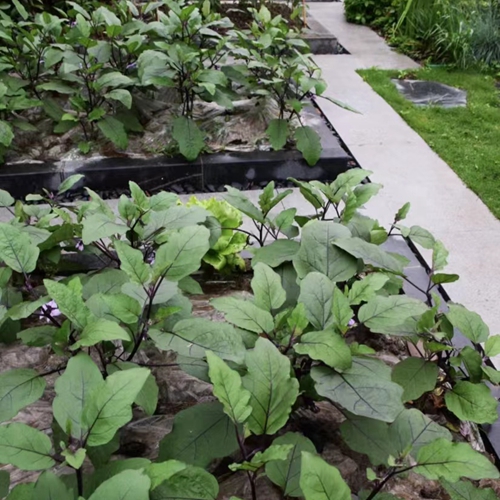
3 . Application prospect of selenium in crops
In the current situation of insufficient selenium intake, how to reasonably and safely meet the needs of people and animals for selenium and protect the health of people and animals is an urgent problem to be solved. In recent years, people have gradually recognized the development and application of selenium rich products in vegetables. Relevant data show that the biological activity of organic selenium is high and its toxicity is much lower than that of inorganic selenium, that is, inorganic selenium is not easy to be absorbed and utilized by human body, and it accumulates in the body after excessive consumption, which is toxic to human and animals; In addition, organic selenium, especially selenomethionine, which is commonly found in plants, can be stored in the human body and synthesize the necessary selenase when necessary. Organic selenium through crop production and improving the level of selenium in the food chain will be the fundamental measures to regulate selenium nutrition and prevent selenium deficiency from the source. In agricultural production, the combination of developing new varieties of selenium rich crops and studying new exogenous selenium supplement technologies will play a strong role in promoting the development of selenium rich ecological agriculture.
Dorcas, a leading biotechnology factory in Qingdao, China. As top three manufacturers of seaweed fertilizer in China with more than12 years of experience. We produce seaweed extract, organic granular fertilizer, liquid foliar & vigoroot fertilizer and liquid chitosan fertilizer with biological enzymolysis method. We passed ECOCERT and IMO certification.
More detail: www.dorcas-bio.com
